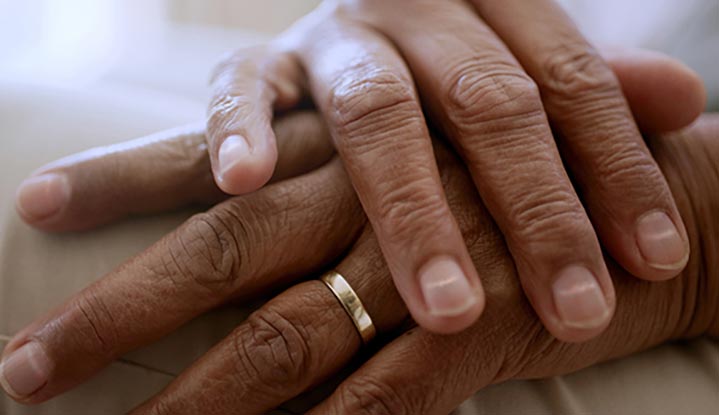Mees’ lines are white lines or bands that appear on the fingernails or toenails. They can be a symptom of a serious underlying health condition, such as arsenic poisoning or kidney failure. Mees’ lines may be confused with injury to the nail or Muehrcke lines.
Advertisement
Cleveland Clinic is a non-profit academic medical center. Advertising on our site helps support our mission. We do not endorse non-Cleveland Clinic products or services. Policy

Image content: This image is available to view online.
View image online (https://my.clevelandclinic.org/-/scassets/images/org/health/articles/22902-mees-lines_1327531514)
Mees’ lines are white lines or bands that appear in your fingernails or toenails. They can be a symptom of a serious health condition.
Advertisement
Cleveland Clinic is a non-profit academic medical center. Advertising on our site helps support our mission. We do not endorse non-Cleveland Clinic products or services. Policy
The lines run across your nails (side to side, not up and down). They’re parallel with both your cuticles and the white tops of your nails. They usually run the entire width of your nail. Mees’ lines start at the bottom, closest to the cuticles, and then move toward the top of the nail over time.
Mees’ lines can appear on only one nail or all nails at the same time. They’re smooth, with no bumps or ridges.
They’re also called:
Mees’ lines are often a symptom of an underlying health problem. You should talk to a healthcare provider if you notice these bands in your nails.
Historically, Mees’ lines have been associated with poisoning from arsenic or other heavy metals, such as thallium or selenium. But the symptom also may be related to:
Because Mees’ lines may be a sign of a concerning health problem, you should visit a healthcare provider for:
Advertisement
Mees’ lines eventually grow out, so the lines themselves don’t require treatment. But you may need treatment for the underlying cause.
For example, if you have arsenic poisoning, you and your healthcare provider would have to find the source. Mees’ lines usually appear a couple of weeks after you are exposed to arsenic. Nails grow about 0.1 millimeters per day, so you can tell approximately how long it’s been by measuring from the cuticle to the Mees’ line.
If the underlying cause is removed or cured, then Mees’ lines will eventually grow out. For example, if you eliminate exposure to arsenic, the lines will go away. If you stop taking chemotherapy, they will grow out and not come back.
White lines on the nails can be a symptom of a serious medical condition, so you should talk to a healthcare professional if you notice them.
Mees’ lines may look like another type of nail symptom called Muehrcke lines (or apparent leukonychia). Or white lines may be due to injury to your nailbed.
Muehrcke lines are paired lines that fade when you press on them. Mees’ lines are single lines that won’t fade with pressure. Also, Muehrcke lines stay on the same place on the nail, but Mees’ lines move up over time as your nail grows.
Muehrcke lines are associated with:
Mees’ lines also may be confused with white lines caused by injury to the nail bed. But with nail trauma, the lines often appear over part of the nail. Mees’ lines go the entire width of the nail bed.
Mees’ lines are white lines or bands that appear across the nails because of an underlying health condition. The symptom will go away if a doctor diagnoses and treats the underlying cause. If you have white lines in your fingernails or toenails, talk to a healthcare provider to be evaluated for poisoning or disease.
Advertisement

Sign up for our Health Essentials emails for expert guidance on nutrition, fitness, sleep, skin care and more.
Learn more about the Health Library and our editorial process.
Cleveland Clinic’s health articles are based on evidence-backed information and review by medical professionals to ensure accuracy, reliability and up-to-date clinical standards.
Cleveland Clinic’s health articles are based on evidence-backed information and review by medical professionals to ensure accuracy, reliability and up-to-date clinical standards.
Every day, people see your skin, hair and nails. At Cleveland Clinic, our expert and caring dermatology team will make sure they’re healthy and strong.
